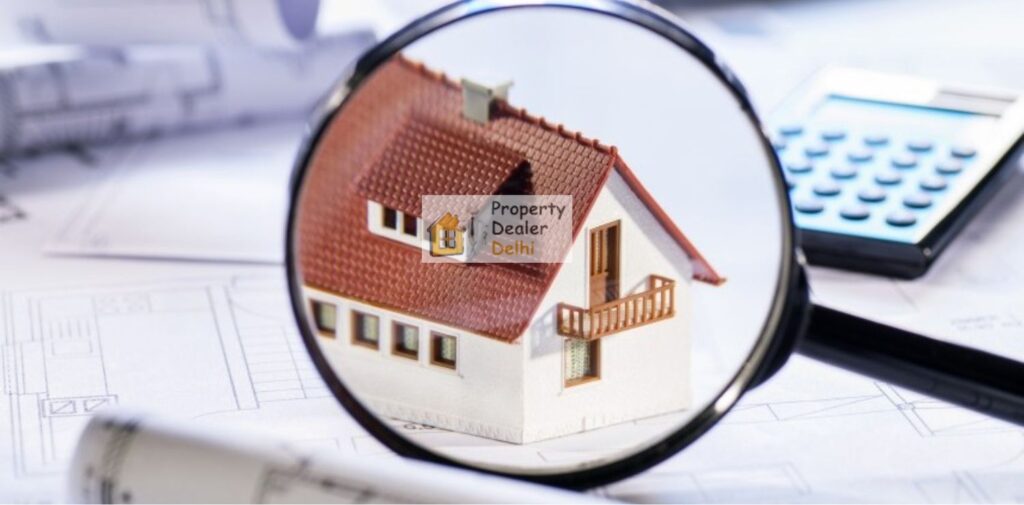
Buying property in Delhi is a major financial decision, and it’s essential to understand the legal aspects before making a purchase. Whether you’re a first-time buyer or someone looking to invest, knowing the legal requirements can save you from potential problems later on. This article highlights the key legal aspects of buying property in Delhi that you must be aware of before finalizing any deal.
Verify Property Ownership
One of the most important legal aspects when buying property in Delhi is ensuring that the seller has clear ownership of the property. You need to verify that the property is legally owned by the seller and there are no disputes related to the title of the property. Request the seller to provide documents such as the title deed, and make sure the property is free of encumbrances.
A title deed is a legal document that proves ownership. Ensure that the title is clear and that the seller has not mortgaged the property, or if so, that it is fully paid off. It is always advisable to consult a lawyer to confirm that the property has a clear title and to check for any ongoing legal issues related to the property.

Check Property Land Use and Zoning Laws
Delhi has specific zoning laws that govern how properties can be used. Before purchasing, make sure that the property is located in an area where the zoning laws allow residential, commercial, or mixed-use activities, depending on your requirements. For example, if you’re buying property for residential purposes, the land must be designated for residential use as per the Master Plan of Delhi.
Additionally, check if the property complies with the Delhi Development Authority (DDA) regulations. Properties in certain areas of Delhi may be subject to stricter guidelines, especially in historical areas or where environmental protection rules apply. Consulting with a legal expert or a real estate agent who understands zoning laws can help you avoid future issues.
The Sale Agreement and Stamp Duty
Once you have decided to purchase the property, you will need to sign a Sale Agreement with the seller. This agreement will outline the terms of the sale, including the price, payment schedule, and possession date. It is essential that both parties understand and agree to all terms before signing the document.
In Delhi, the Sale Agreement must be registered with the Sub-Registrar of the area. The registration process involves paying a stamp duty, which is a tax paid to the government based on the property’s sale price. Stamp duty in Delhi can range from 4% to 6% of the sale price, depending on the type of property and the relationship between the buyer and seller.
Ensure that the agreement is clear and mentions the possession details, any additional charges like maintenance fees, and the exact terms of payment. Once signed and registered, this agreement is legally binding and serves as proof of the transaction.

Verification of No Objection Certificates (NOCs)
Before buying property in Delhi, make sure to check whether the property has the necessary No Objection Certificates (NOCs). These certificates are required from various authorities, especially in the case of newly built or under-construction properties. NOCs are typically needed for things like environmental clearance, land use permission, or even approvals from the local municipal corporation.
NOCs are also essential for properties in cooperative societies, especially in the case of flats or apartments. The developer should provide a certificate from the relevant housing society or builder confirming that the property is free from legal disputes and is approved by the authorities.
Payment and Registration of Property
When it comes to payment for property in Delhi, always ensure that you follow a legal route. The entire transaction, including the payment of the agreed amount, should be done via bank transfers to have a clear and traceable record of payments. Cash payments or informal transactions should be avoided, as they may lead to future disputes or tax complications.
Once the full payment is made, the property must be officially transferred in your name. This is done by executing the Sale Deed, which is a final document that is registered with the local Sub-Registrar. This document records the transfer of ownership from the seller to the buyer. Ensure that you receive a copy of this Sale Deed after registration, as it is a crucial legal document proving that you are the rightful owner of the property.
Legal Due Diligence and Professional Help
It is always advisable to seek professional help when buying property in Delhi. Hiring a lawyer who specializes in real estate can help you navigate the legal complexities, ensuring that all documents are in order and all required approvals and permissions are obtained.
Additionally, a real estate agent can assist in finding a legitimate property and guide you through the market trends. They can also help with price negotiations and deal closure. However, always verify their credentials to ensure you’re working with a reliable agent.
Conclusion: Legal Aspects of Buying Property in Delhi
Buying property in Delhi can be an exciting opportunity, but it is crucial to understand the legal aspects before moving forward. By verifying property ownership, checking zoning laws, understanding the stamp duty and registration process, obtaining necessary NOCs, and conducting thorough due diligence, you can avoid legal issues and make a safe investment. Remember, seeking professional assistance from legal experts or real estate agents will help ensure that the process is smooth and legally sound, protecting your investment in the long run.

